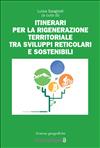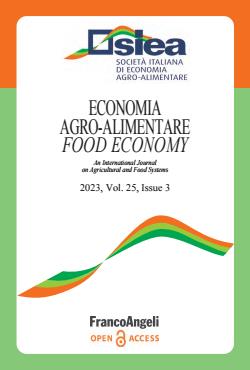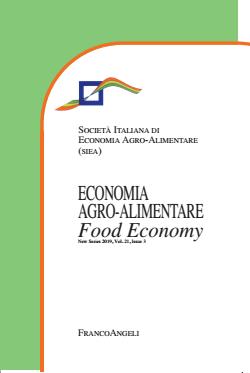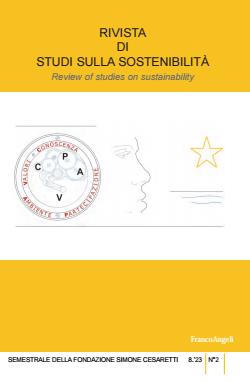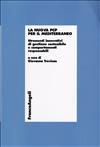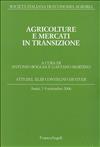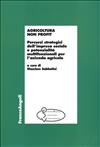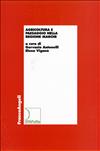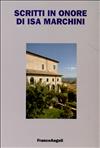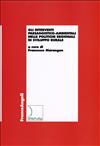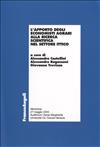La ristorazione scolastica costituisce uno strumento molto efficace per valorizzare le scelte operate dalle Amministrazioni in tema di sostenibilità. Le buone pratiche adottabili nell’organizzazione delle mense, a partire dalla funzione di approvvigionamento dei prodotti alimentari, possono avere, infatti, un notevole impatto in termini di sostegno ai sistemi economici locali, tutela dell’ambiente (salvaguardia delle risorse naturali e della biodiversità, controllo della produzione di rifiuti e dell’emissione di gas serra) e sviluppo rurale. Inoltre, se la gestione delle mense è accompagnata da attività di educazione alimentare mirate alla promozione del consumo consapevole, i comportamenti degli utenti possono modificarsi considerevolmente, contribuendo a diffondere modelli alimentari corretti, indispensabili per contrastare i fenomeni di obesità e di sovrappeso e per l’affermarsi di una cultura di responsabilità socio-ambientale.La realizzazione di una mensa scolastica che presenti requisiti di sostenibilità economica, sociale e ambientale rappresenta, tuttavia, per le amministrazioni pubbliche un compito assai complesso, a causa dei molteplici vincoli introdotti dalla normativa e dalle disposizioni economico-finanziarie e dell'ambiente socio-culturale, spesso ostile all’introduzione di innovazioni.In questo contesto, l’obiettivo del presente lavoro è quello di offrire un contributo alla diffusione di pratiche di sostenibilità nel public procurement e, in particolare, nelle mense scolastiche. Dopo aver definito il quadro teorico di riferimento, considerando la realizzazione di un progetto di mensa sostenibile come un wicked problem, il cui orientamento può essere agevolato mediante la realizzazione di un business model, vengono individuate alcune possibili pratiche relative alla progettazione di una mensa scolastica più sostenibile. Successivamente, vengono illustrati gli elementi costitutivi di un Business Model Canvas, ritenuto uno strumento efficace per le amministrazioni pubbliche (anche di Comuni di modeste dimensioni), interessate a implementare un servizio di refezione scolastica che sia in grado di coniugare lo sviluppo locale, con la tutela dell’ambiente e della salute dei bambini.

